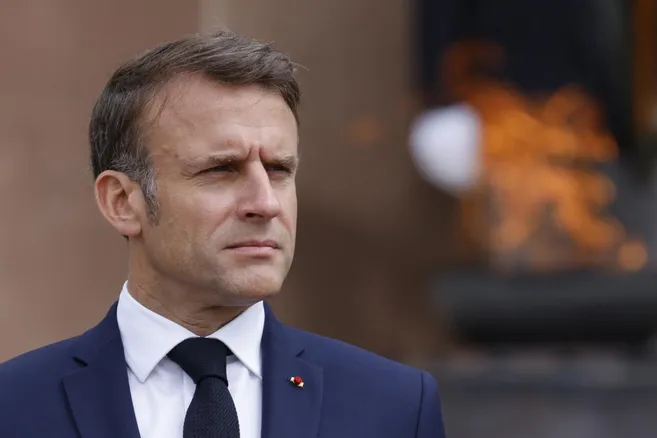
France's Government Formation Stalls as Macron Faces Political Deadlock
France remains without a prime minister as President Emmanuel Macron continues to hold extended talks with party leaders to form a new government. On Monday, Macron ruled out appointing a left-wing prime minister from the New Popular Front (NFP) alliance, which had won the most seats in July’s snap legislative elections. This decision has led to frustration among the Socialists and Greens, who have announced they will no longer participate in the discussions, urging their supporters to hold peaceful protests instead.
Macron has expressed concern that a leftist government would face immediate removal by the majority of lawmakers from other factions. Despite this, he has called for another round of discussions with party leaders, although no coalition seems likely, with each major political group—Macron's centrist bloc, the left, and the far-right—refusing to form alliances.
The NFP, which includes parties from moderate Socialists and Greens to the eurosceptic France Unbowed (LFI), had hoped to lead the new government. However, their chances have dimmed due to internal disagreements and opposition from political rivals, particularly regarding ties with LFI and its leader Jean-Luc Mélenchon.
Macron, who favors a centrist or center-right government, may need to seek alliances with more moderate factions to secure a stable government. However, leftist leaders have ruled out such cooperation, highlighting the deep divisions in the current political landscape.
Stichworte







